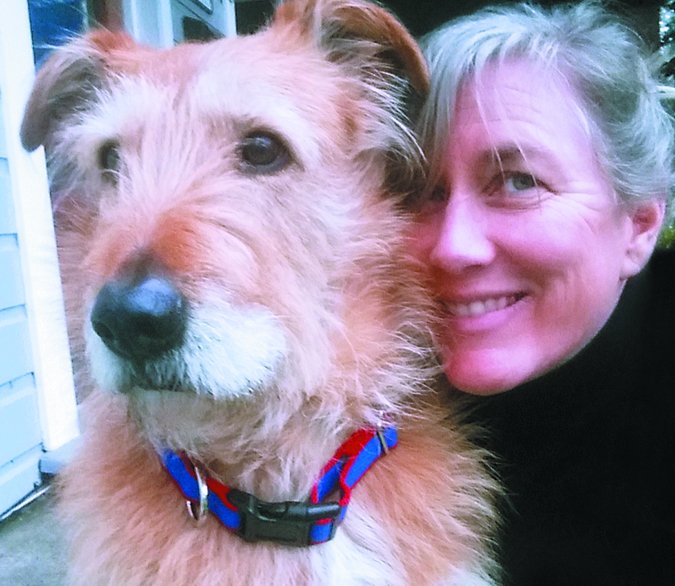There’s an old joke about dog trainers: What’s the only thing you can get two dog trainers to agree about? That the third one is doing it wrong!
I would submit that it’s not just dog trainers who often have strong opinions about the right and wrong ways to do things with dogs. And I think you would have to agree, especially if you have ever entered into a discussion about, say, grain-free dog foods, raw diets, Flexi leashes, electric shock collars, fat dogs, dogs with long toenails, dogs who bark, ear- and tail-cropping . . . I could keep going but you get the idea. There are so many hot-button issues in the dog world that it’s almost impossible to talk about anything to do with dogs (besides how cute they are) without getting into a heated argument.
As I write this – the last thing that needs to get done in order to ship this issue to the printer – an online hurricane has broken out regarding an essay published in the New York Times by Alexandra Horowitz, PhD., renowned book author and head of the Horowitz Dog Cognition Lab at Barnard College at Columbia University, in New York City. Horowitz posits that the practice of widespread, reflexive spay/neuter practices in this country shouldn’t be standard policy, as they irretrievably alter our dogs’ health, behavior, and personalities. She makes some good points! Even I, a long-time shelter volunteer who is strongly in favor of the standard practice of de-sexing all shelter animals before they are adopted, appreciate and agree with many of the anti-spay/neuter proposals she makes in the article. And yet, already, by midday on the West Coast, I have seen waves of hot words and “unfriending” sprees in online forums and social media as Horowitz’s piece is being shared, discussed, and argued about.
Here’s an idea: Let’s agree that more than one thing can be “right” at the same time. Let’s freely acknowledge that dogs can be trained “properly” with different methods and that they can eat lots of different diets (even really bad ones!) without shortening their lives. Let’s go so far as to propose that what is “best” for shelter dogs in my rural county – one best known for its high poverty and low education levels – should not be considered best for dogs purchased from good breeders and raised in affluent suburbs and urban areas.
Blanket judgments and one-size-fits-all recommendations don’t serve dogs (or their owners) very well. There are just too many different types of dogs and widely divergent attitudes about the place of the dog in society. I propose that we try to learn from one another, educate those who ask for education, make independent decisions regarding our own dogs’ welfare, and try to get along with friends and strangers as well as we expect our dogs to.






Nice article. i agree whole heartedly. We need to do this in all areas of our lives. We’ve lost the ability to do this. Hopefully dogs will teach us and help us to learn to act this way again, And SOON!!!!!